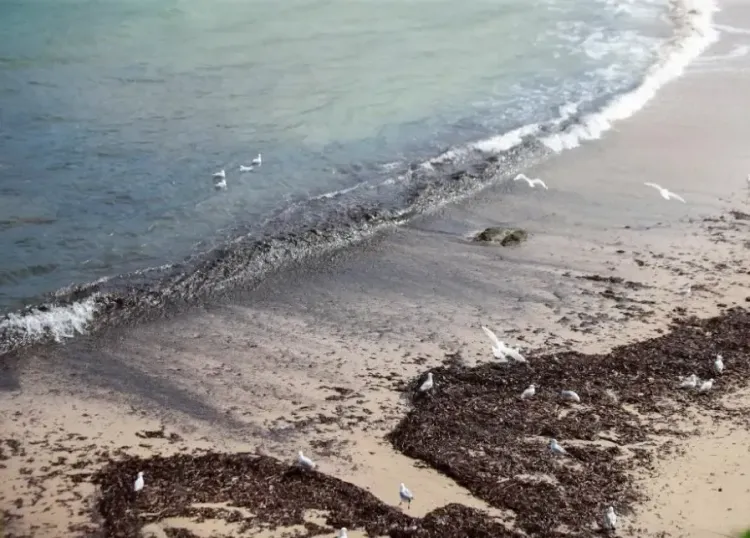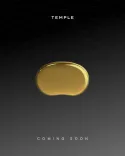Sydney: Closure of Nine Beaches Due to Mysterious Debris Balls

Synopsis
Key Takeaways
- Nine beaches in Sydney closed due to debris balls.
- Debris identified as marble-sized and larger.
- Previous closures occurred in October and December 2024.
- Debris contains various components, including human waste.
- Not highly toxic according to health authorities.
Sydney, Jan 14 (NationPress) Nine beaches in Sydney, the capital of Australia's New South Wales (NSW), have been shut down due to the reappearance of mysterious debris balls that prompted beach closures in late 2024.
The Northern Beaches Council in Sydney announced on Tuesday the closure of nine beaches under its management after the Environment Protection Authority (EPA) in NSW reported the debris washing up on shore, as per Xinhua news agency.
Among the beaches closed is the renowned Manly Beach, a favorite destination for surfing and swimming.
The council stated, “We were informed about the debris by the EPA and are collaborating closely with the state agency to gather samples for analysis.”
“Currently, most samples are marble-sized, with a few being larger. The council is arranging for the safe removal of the debris and is inspecting additional beaches.”
Beachgoers have been advised to steer clear of the affected areas and avoid the debris.
This incident follows a similar occurrence in October 2024 when thousands of debris balls appeared on seven beaches in eastern Sydney, leading to their closure for several days.
More debris was discovered at two beaches in southern Sydney in December 2024.
EPA analyses of the debris from last October revealed that it consisted of various components, including fat, food, human waste, and drugs.
While experts could not pinpoint the source of the debris, they suggested it likely originated from a location that discharges mixed waste.
Testing by the local Randwick City Council classified the debris as tar balls, which form when oil interacts with debris and water, typically due to an oil spill or sea seepage.
The maritime authority in NSW indicated that, according to health guidelines, the substance is not highly toxic to humans.
The first debris balls were located at the popular Coogee Beach in Sydney's eastern suburbs on Tuesday, triggering its closure.










